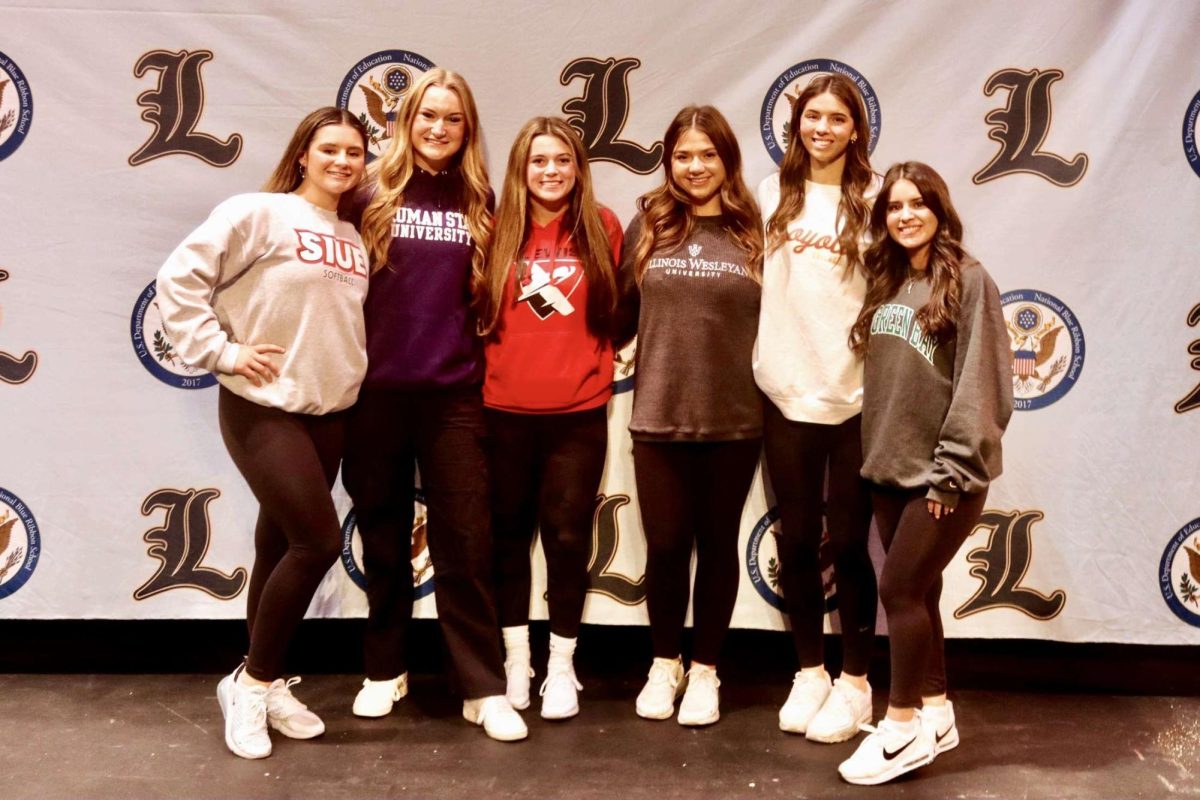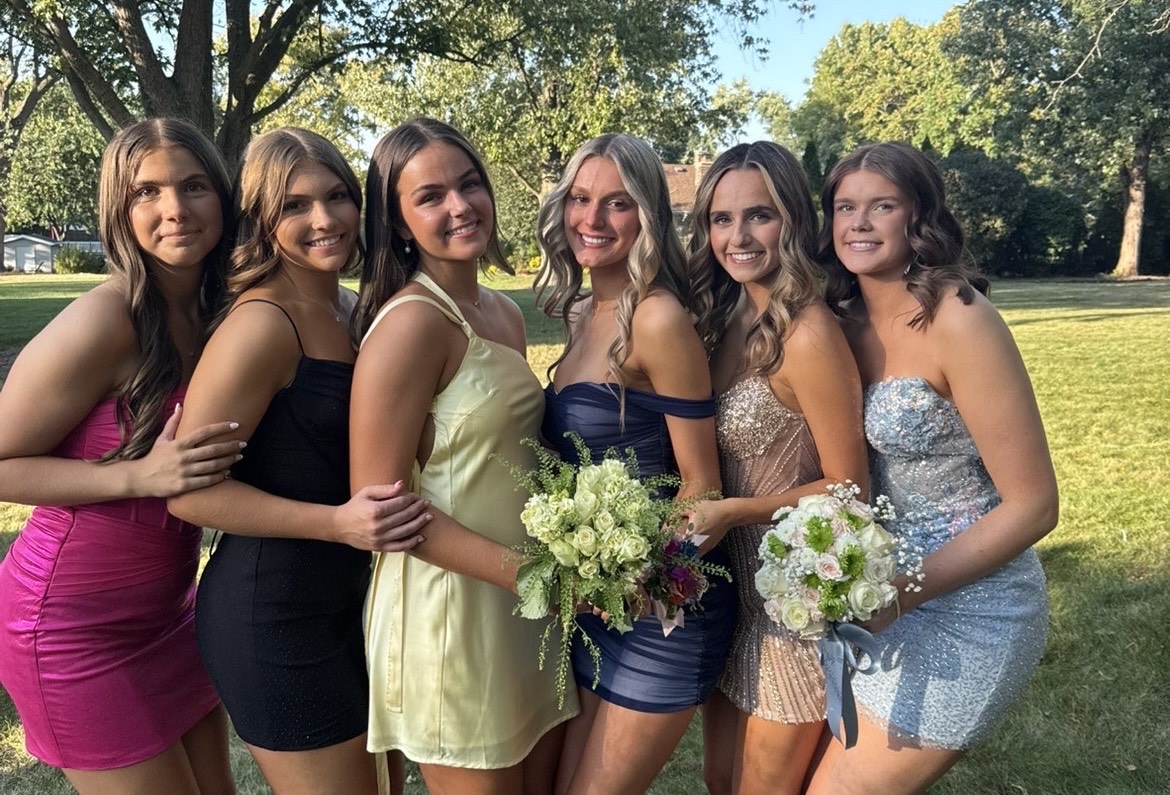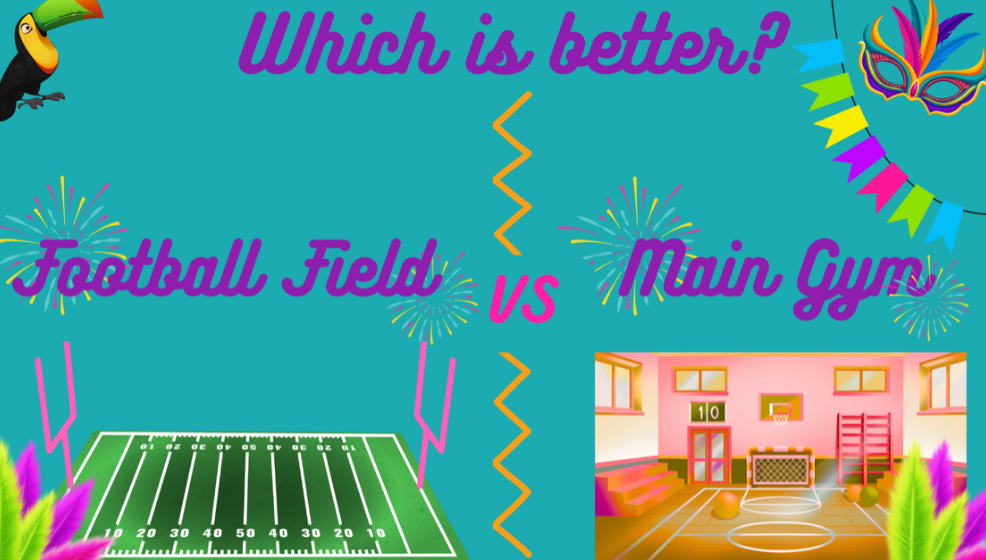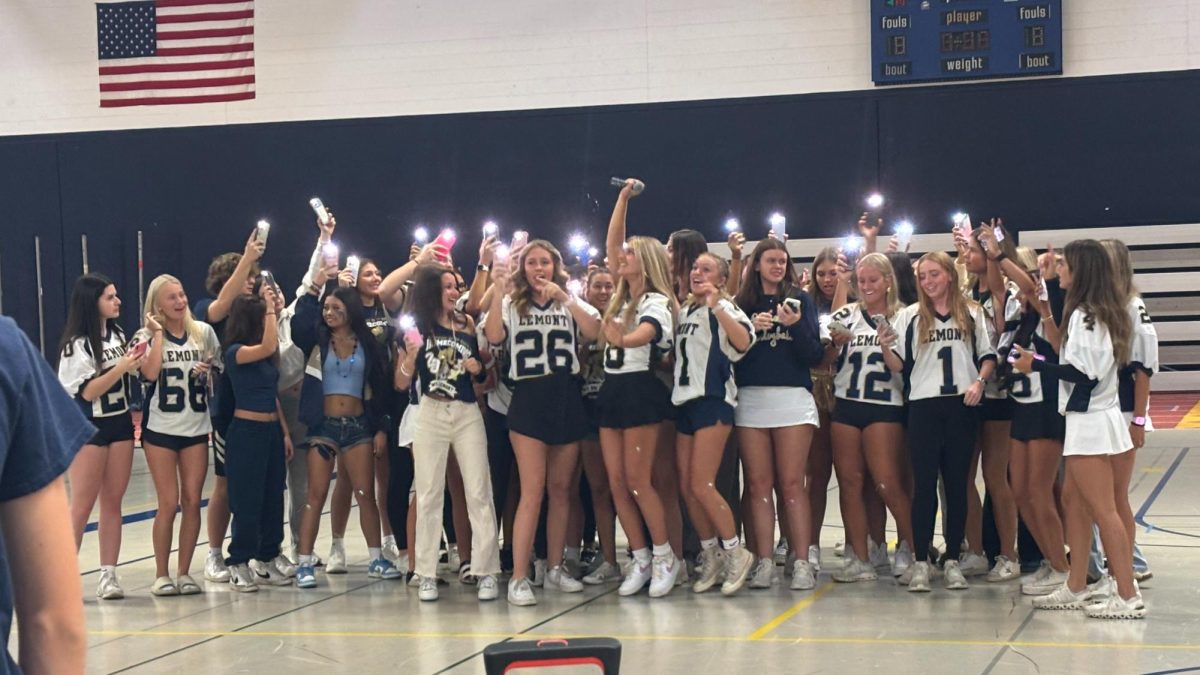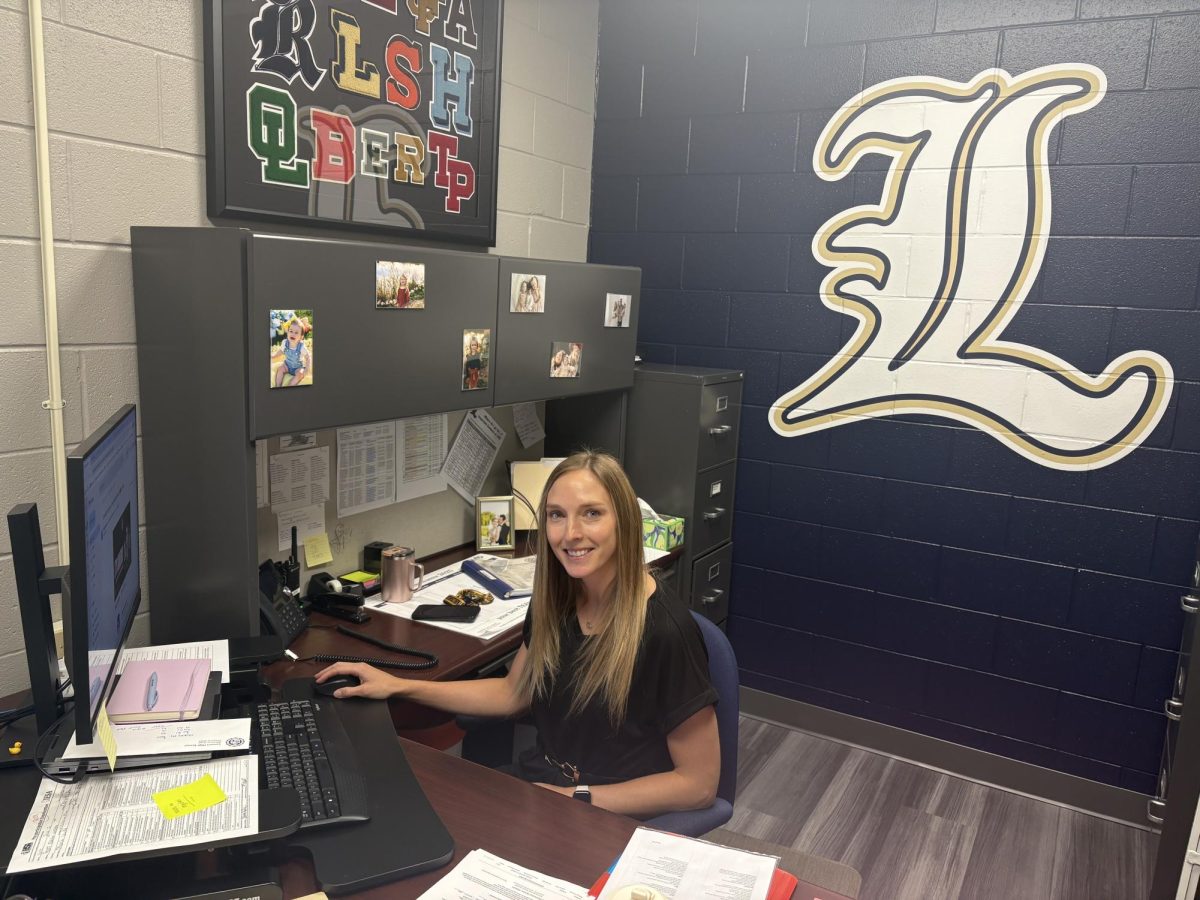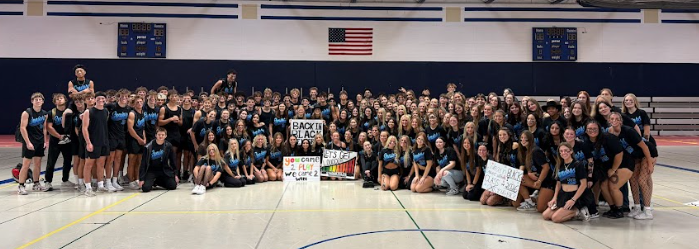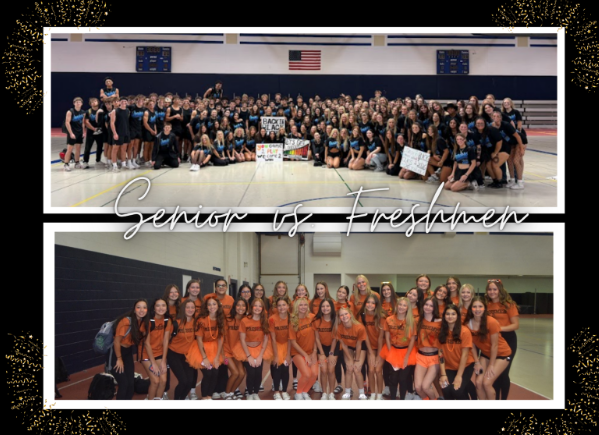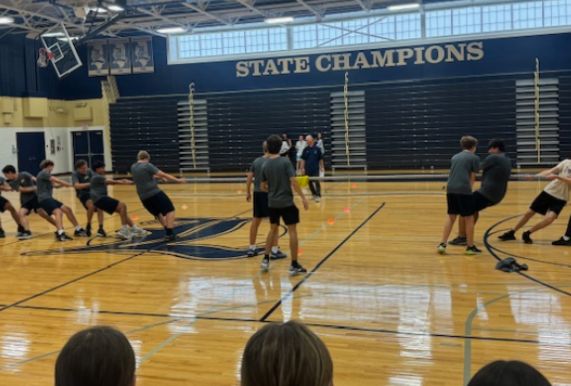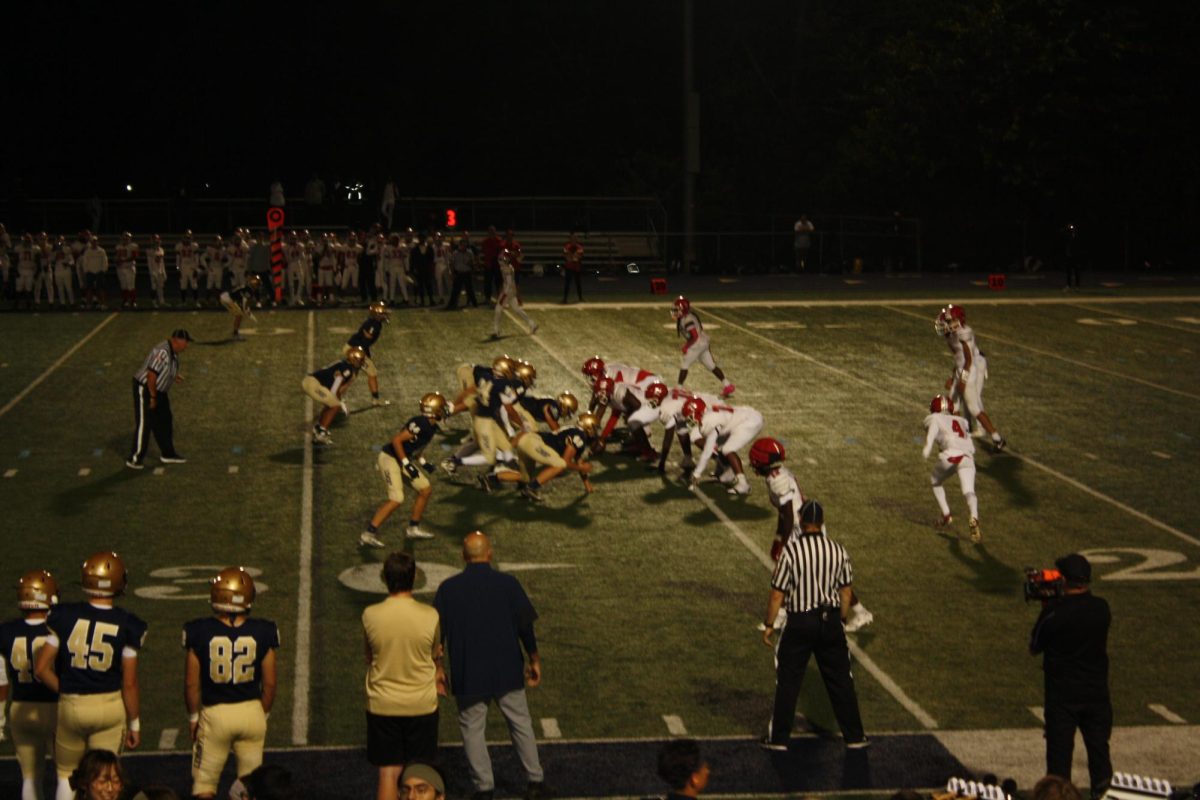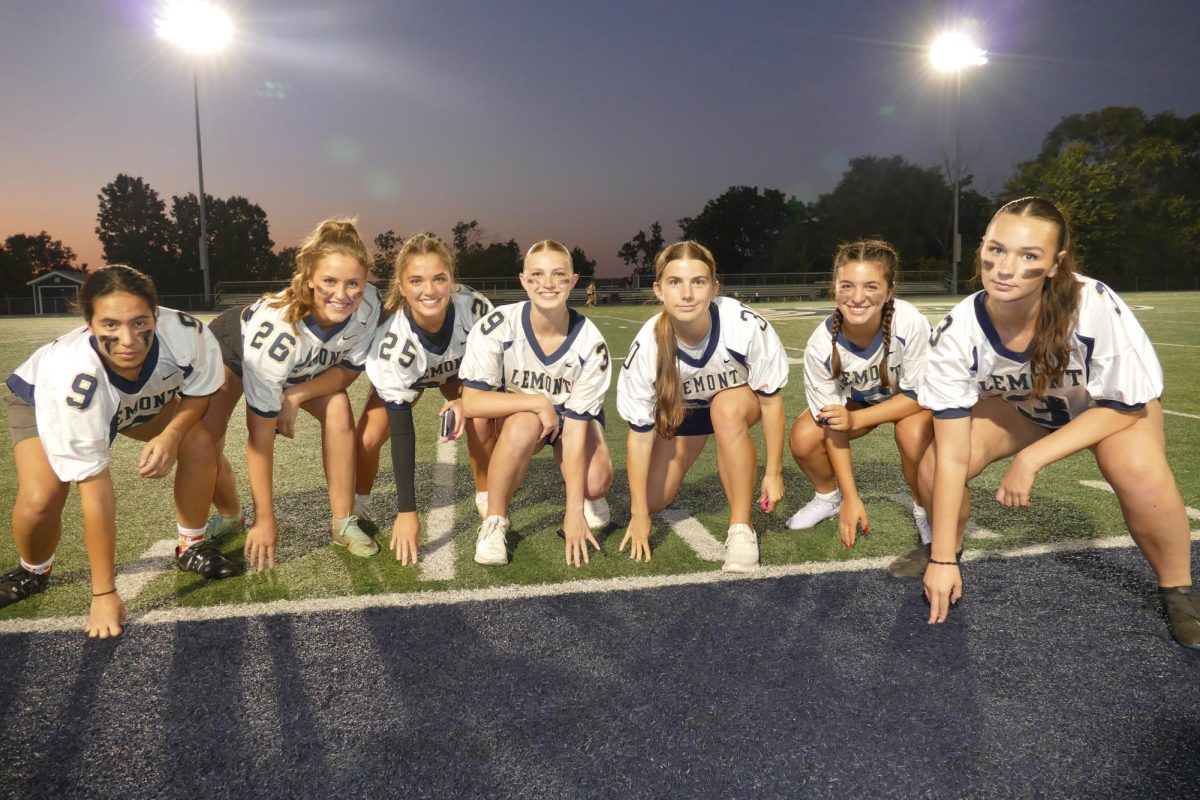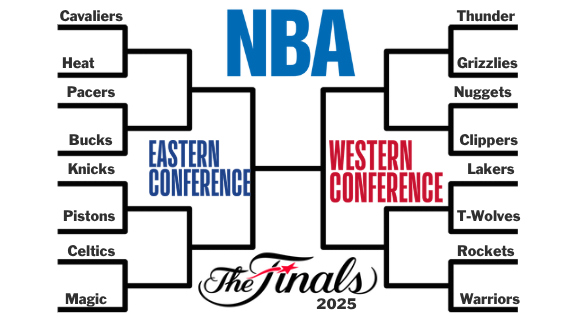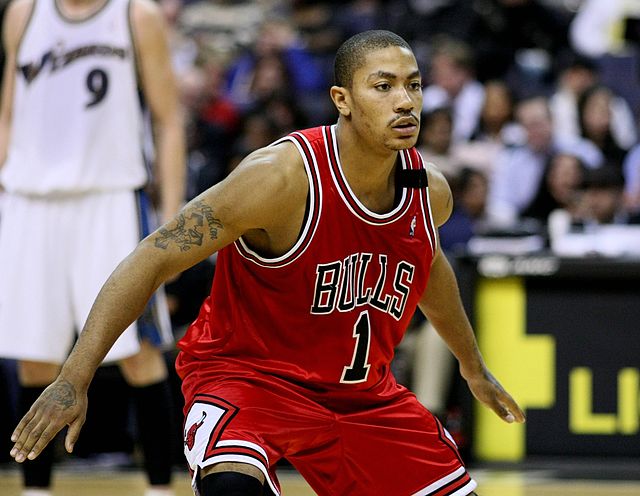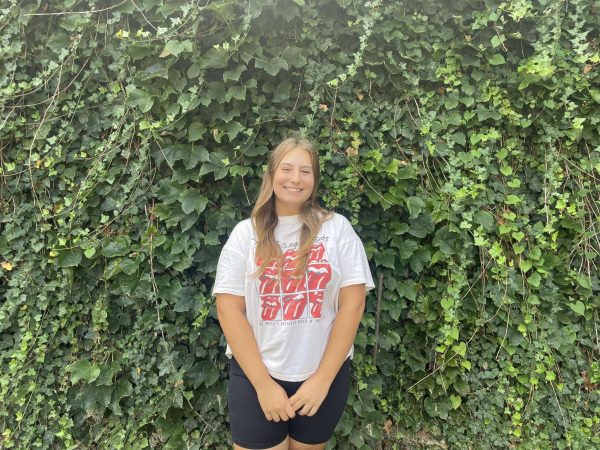This year Lemont High School had 11 athletes commit to a variety of colleges for Fall 2024 thanks to their dedication, communication and love for both school and sports. Among them were soccer players Emma Amberg (Carthage College) and Casey Kittridge (Eastern Illinois University). Along with lacrosse player Sean Arundel (University of Indianapolis), baseball player Noah Tomaras (University of Missouri-St.Louis) and volleyball player Cael Whitchurch (Illinois Wesleyan University). There were also several softball players committed including Alyssa Demaio (University of Wisconsin-Green Bay), Raegan Duncan (Southern Illinois University-Edwardsville), Rhea Mardjetko (Illinois Wesleyan University), Allison Pawlowicz (Loyola University Chicago), Ava Reed (Lewis University) and Avaree Taylor (Truman State University). The next signing day for LHS is Feb. 7.
With the first semester of school coming to a close, these commitments have left some underclassmen wondering when they should start the recruiting process. Many students do not realize how early you should start the recruiting process. Most suggest freshman or sophomore year and others say even earlier. However, regardless of the grade you are in, it is never too late or too early to start.
So for those who have no idea, here is a basic guide of the recruiting process from someone who is going through it themselves.
WHAT TO CONSIDER
The first thing to do is to figure out what level of commitment you want. Many do not realize that some schools even have recreational programs for those who do not want to have all the pressure. For others they crave the pressure and fun of collegiate sports.
“I knew that I wanted to play [softball] in 8th grade just by how much I loved the game and couldn’t think about ending the game right after high school,” Taylor said.
Deciding to play collegiately is a very difficult decision for some, so it is key to take your time and consider all the factors. Playing collegiately requires a lot of stamina along with knowing what you are capable of managing. Does your sport help your mental health and your life overall?
“I realized from a very young age that I wanted to play collegiate softball. I had already spent most of my childhood and teen years playing, so why not keep playing,” DeMaio said. “The sport has gotten me through the good and bad times in my life and it is almost like an escape from reality in a sense.”
You are performing as a student-athlete and putting in more dedication and time than you might have before, depending on the competitiveness of the team. Along with putting in all your effort in your sport, you are also trying to be successful in school to receive a degree to become successful in the workplace.
“The hardest part of the process for me was the stress of school and the pressure of performing at your highest everytime,” Pawlowicz said.
It is essential to take a look at yourself and honestly assess if this is something you can handle and if it is something you want to do.
HOW TO START
At least for me, I had no idea where to start. But I was later introduced to several sites which aid in advertising yourself to college coaches. While you can email coaches, fill out recruiting questionares on colleges atheltic sites, and go about the recruiting process on your own, these sites can help make the process easier. Some sites even have easier search functions, so you can specify schools that you want and keep track of where you are in the recruiting process with each college.
Not only do the sites make the process easier, but they can also help with promoting you to coaches. Some offer aid and most have coaches on the site so they can search for athletes they want.
However, it is critical to research which site to use and to discuss this with your family. For example, Next College Student Athlete (NCSA) is one of the best recruiting sites out there, but it is very costly with different packages available to aid you in the process. Some sites are free to use though. Along with NCSA, other sites you can look at are SportsRecruits, CaptainU, College Fit Finder, PerpHero, Playced and ScoutForce.
While building your profile, do not forget about the sport itself. Attend camps pertaining to your sport to become better and consider meeting coaches of the program to build a relationship.
“The most important tips that I took was making sure to sign up for camps, grabbing the attention of coaches through emails and especially at tournaments and the camps that I attended,” DeMaio said.
Next, build your list of colleges and universities you are interested in. It is important to start your list with multiple factors including location, academics, major options and price. It is beneficial to have a list of schools you can get accepted to and a few that are dream/reach schools.
Once you have your basic list, then look into their teams and figure out what you like. What teams do you like? Will they take you where you want to go during your college career? Remember, the list can always change based on preferences.
WHAT DO YOU SAY TO COACHES
Through the site or by finding coaches’ contacts, start doing whatever you can to get their attention while still staying professional. Many do this by attending camps and by emailing, calling, sending videos, texting and more. By getting their attention, you are putting yourself out there to let them know, “I want to be on your team”.
First impressions are everything, so catching their attention in an interesting way could make you stand out. Just like applications for college academics and work, you want to show how you are different from others and how you plan to contribute to their team.
“I wish I emailed coaches more and went to more camps…The more college coaches you expose yourself to, the more opportunities to be liked and show your talent,” Demaio said.
Tell coaches statistics that make you stand out, say what you are doing to improve, tell them about your academics and how committed you are to getting on a team as wonderful as theirs is. Let them know specifically why you like their school and their team. As athletes, we do not expect average and basic for our performance, so do not let them expect the same from you.
This is not only for sports statistics though. Coaches want to know who you are as a person and student. Are you someone who takes the lead? Are you someone who encourages others? Are you someone that embraces practice rather than whine and complain? These may be characteristics they are looking for.
“I felt every time I saw a coach come to my game, I was pretending to be a player I wasn’t by trying too hard and not playing how I know how to play. But I realized that the coach looks for the person you are not only during the game, but outside of it too,” Pawlowicz said.
Always end your emails by asking them further questions, give your contact info and say what you want next firmly without demanding. This can then show your further interest and prompt them to respond to you while giving them the resources to do so. Then all you can do is wait or try again.
WHAT DO YOU DO WHEN A COACH RESPONDS
If you caught a coach’s attention, follow up their email and answer their questions (if they sent any). This is your chance to show your true self, they responded for a reason!
This is your chance to take initiative. Ask them to come to one of your games or tournaments. Ask them how to set up a visit to the college. Ask for a phone call with your parents. Do what you think is the best next step for you.
“Something that made me stand out as a recruit was that I was myself,” Demaio said. “I made friends with other recruits and campers even though I had no one there that I was familiar with. I remember one college coach told me that I had an energy about me that made people radiate towards me.”
If that next step is telling a coach no, that is okay. You are bound to have to say no and as long as you do it respectfully and explain a reason why, they are not going to be mad. They want what is best for you too, just like they want what is best for their team.
“For someone just starting, everything will fall into place if you really want it and if you push yourself practicing, communicating with coaches, and not giving up,” said Pawlowicz. “If you really want it, you have to work for it. Nothing is granted.”
Every college and coach is different, so take your time, look at what you like, what you do not like, what best fits and ultimately, what school you want to commit to.
GENERAL THINGS TO KNOW
There are a couple things that some do not find out until starting the recruiting process.. Some students find out that certain schools may not even have their sport, that’s why it is critical to start the recruiting process early for some sports, such as golf, because spots may be limited.
Another fact to consider is the division you may want to play. Colleges and universities are split up between three divisions along with NAIA and Junior Colleges. Each division offers their own perks and downfalls. Most of the time, division one schools are the most competitive depending on the sport. For those who want even more of a challenge, the most competitive schools in the nation, known as “Big 10 schools”, are extremely selective.
For example, many consider going to a division one or two school, but then see they might make better improvements and academic gains at a division three school. However, division three schools do not give athletic scholarships.
Lastly, stay positive for the recruiting experience. Make friends and connections and do not forget the reason you play your sport. Not only will it wear you down, but coaches will see it too.
“You need to make sure to stay positive,” Demaio said. “One bad attitude and you will get crossed off a college coaches list. Getting mad is not worth costing you your chance at playing the sport you love in the next chapter of your life.”
In reality, as long as it is right for you not only athletically, but academically too, it will work out. After all, graduating is the goal and in order to do so, it takes one step at a time.

